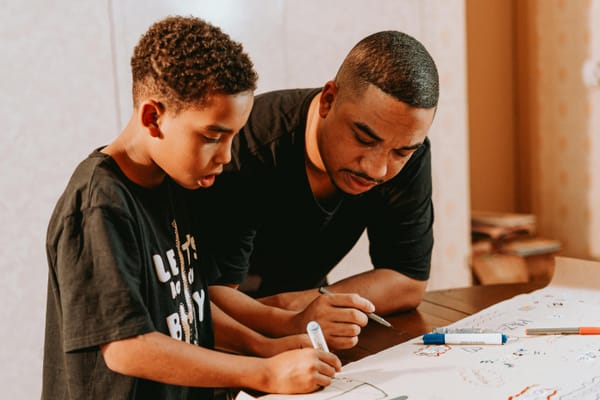Can your children cook a family meal from scratch? Sew an item of clothing? asks Rachel Bee. How can we help our teens navigate real life.
Mary Montessori suggested that the child between the ages of 12 and 18 was best suited to an Erdkind (Erdkinder means Earth Children in German). This school was primarily land based and the education provided was teaching the students about the day to day running of the farm. There was a decrease in academic rigour and the child was set to work in the field. Of course, we can’t all let our children loose as farm hands as soon as they hit 12, nor can we necessarily lay off the need set by the education department for them to study hard. Ironically, this is the age where children are required to sit GCSE’s or Baccalaureates or other tests and exams.
In other traditional cultures children entering their teen years are sent on quests or required to fulfil tasks. Inuit boys are sent on a vision quest and for many African tribes they celebrate their teenager’s passage into adulthood by sending them on their first game hunt.
In contrast, however, in the UK we have our 12 – 18 year olds shut away in classrooms for seven hours a day, studying feverishly for exams that will potentially map out their future possibilities. Climbing trees is replaced with homework and our teenagers spend a good portion of their school day learning things because they are in a government written curriculum and not because they are necessary to become a healthy and successful adult. I’m not saying that we all home educate or that school is not a good place.
However, what is important is supporting our teenagers, understanding what is happening to them and knowing how to help them grow into secure and confident adults regardless of their exam results.







